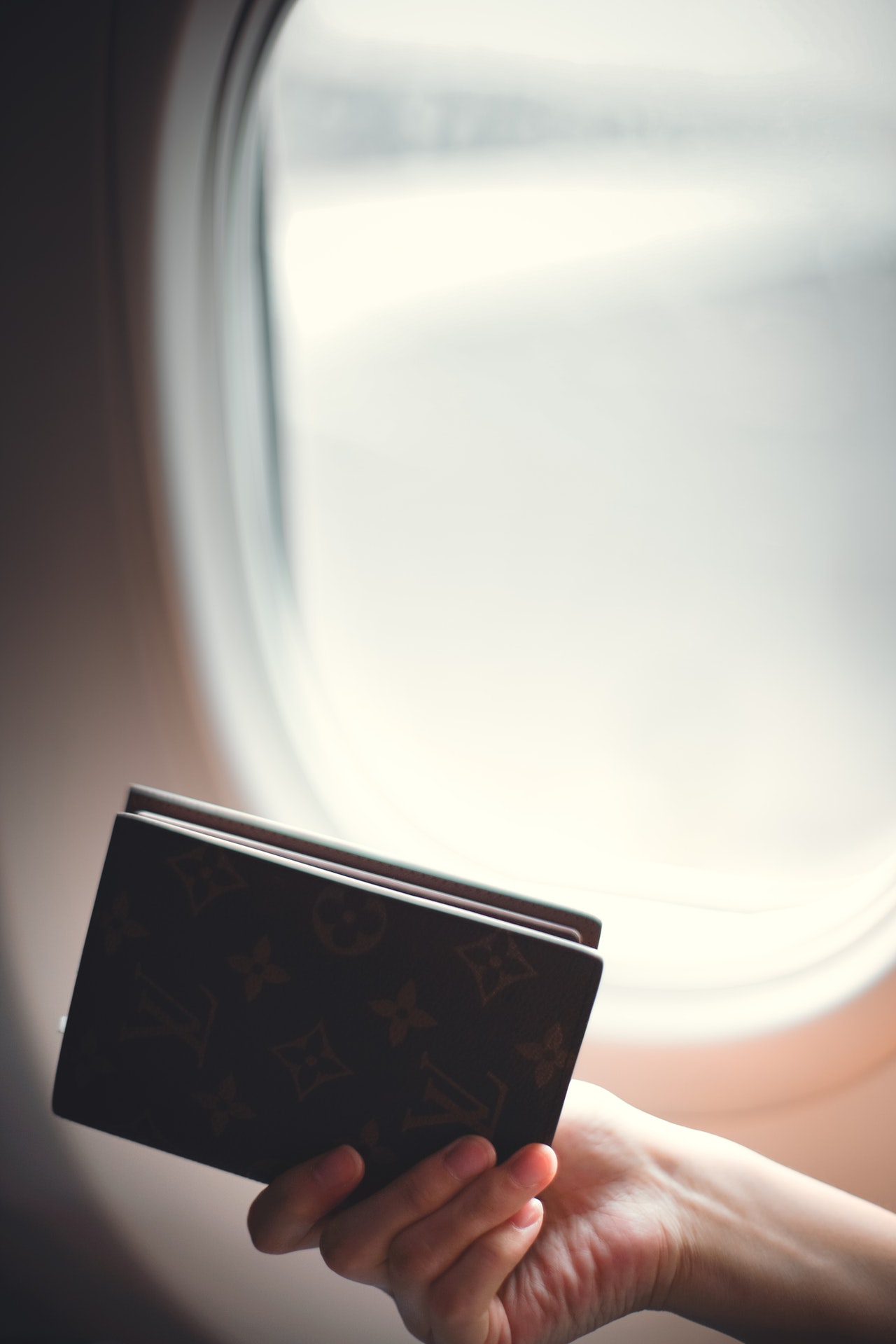3 benefits of holding dual citizenship during the coronavirus crisis
2020 has been a year like no other. The COVID-19 pandemic has changed our lives in so many ways, as countries lock down in an effort to curb the spread of the virus and people are forced to remain at home. And while economies began opening up again in the summer across much of the world, the second wave has sent many nations back to square one again, particularly those in Europe.
Amid all of this, one lucky set of people have been afforded opportunities not enjoyed by most — we’re talking about those with dual citizenship. While individuals have always gained advantages from having a second passport, these benefits have become even more pronounced in light of the current situation, including the three we’ve outlined below.
1. Ability to move from coronavirus epicentres
COVID-19 epicentres keep shifting from one country to the next, with cases in different nations peaking at different times. Unfortunately, these rises in cases have tended to lead to lockdowns, where life is effectively put on hold and fear of catching coronavirus skyrockets. What’s more, the healthcare systems in these nations can become overrun, and even people requiring immediate or ongoing medical care can be pushed to the back of the queue.
But with a second passport, individuals can avoid this type of situation, even if their second home country isn’t allowing non-nationals to enter. Being a dual citizen lets them travel there anyway, where there they may be a lower rate of infection and the chance to live life out of lockdown, avoid the outbreak of the disease and get guaranteed access to healthcare. Many countries’ naturalisation processes also allow an individual’s family to gain citizenship, meaning their spouse and children can travel with them too. Some nations are very liberal with this. For example, Dominica’s Citizenship by Investment Programme enables children over the age of 18, grandparents and unmarried and childless adult siblings to become dependants and obtain a second passport too.
2. Increased business opportunities
Another consequence of lockdown measures has been the range of restrictions placed on businesses. While many can continue operating as normal during this time, plenty are forced to shut down entirely or lose so much custom that remaining open just isn’t viable. Even when out of lockdown, a country’s inability to keep the virus under control can render it an unstable and ultimately untenable place to do business.
For those with dual citizenship, however, it is much easier to set up shop elsewhere instead. Should they be lucky enough to hold a second passport from a country that is dealing well with COVID-19, they might decide to move their company there, making the most of a coronavirus-free landscape. While many governments do still allow overseas business owners to launch enterprises in their countries, this usually involves a lengthy visa application process, which often necessitates meeting some pretty high thresholds. Of course, dual nationals will still have to jump through hoops to do so themselves, but will undoubtedly have a much easier time of it.
3. Less travel and visa restrictions
As we touched upon earlier, the coronavirus pandemic has caused unprecedented restrictions on our ability to travel. Even when lockdowns were ended, and travel corridors were introduced between countries, governments only had these agreements with certain nations. Those with a high number of COVID-19 cases weren’t added to the list, or were later taken off. However, people with dual citizenship have a much higher chance of avoiding these travel restrictions. While they may be banned from entering one country on one passport, they may not face the same constraints on their second.
A similar point can be made for travel documentation too, with countries having different visa requirements for different nationals. While nations may require certain passport holders to go through lengthy visa application processes, individuals from certain countries are able to forego this altogether. For instance, India allows citizens from the neighbouring countries of Bhutan, Nepal and the Maldives to enter visa-free. Again, being a dual citizen increases the odds of being able to enjoy these benefits, with different passport holders being entitled to visa-free access to a range of different countries.

